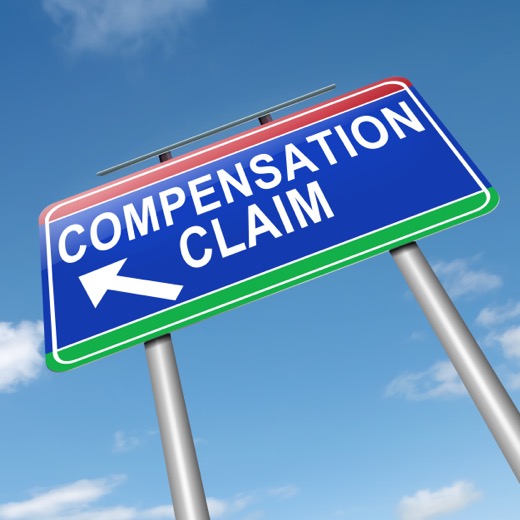In the aftermath of a car accident, you may find yourself grappling with the reality that your vehicle isn’t worth what it used to be. This is a common scenario for many drivers in Georgia, where the law allows for diminished value claims.
This guide will walk you through the process of making a diminished value claim after a car accident, focusing on the legal aspects involved. Contact our lawyers today for help getting the compensation you deserve.
What Is Diminished Value?
Diminished value refers to the reduction in a vehicle’s market value after it has been involved in an accident. Even after repairs, the fact that the vehicle has been in an accident can deter potential buyers, leading to a lower resale value.
Who Can File a Diminished Value Claim in Georgia?
In Georgia, if you’re less than 50 percent at fault for a collision, you can pursue a diminished value claim against the at-fault driver’s insurance. Interestingly, Georgia law also allows you to recover diminished value from your own insurance company, even if you were at fault.
In the state of Georgia, diminished value claims are divided into three unique categories, each reflecting a different circumstance of vehicle impairment and restoration. Let’s explore each category in more detail.
Repair-Related Diminished Value
This claim type is applicable when your vehicle’s worth decreases due to inadequate or defective repairs. For example, if the repair shop used non-OEM parts, overlooked some damage, or the repairs resulted in noticeable defects, the vehicle’s worth might be adversely affected. It’s crucial to ensure that your vehicle is repaired at a reputable shop to avoid this type of diminished value.
Immediate Diminished Value
Immediate diminished value refers to the immediate loss in your vehicle’s worth when it has been damaged in an accident but has not yet been repaired. This immediate loss in value is a direct result of the damage incurred by the vehicle. Once the vehicle is repaired, this immediate diminished value may change depending on the quality and extent of the repairs.
Inherent Diminished Value
Inherent diminished value occurs when your vehicle has been repaired following an accident, but it’s still worth less than it was before the accident. This is the most common type of diminished value. Even with high-quality repairs, the fact that the vehicle has been involved in an accident inherently reduces its value.
Filing a Diminished Value Claim: A Step-by-Step Guide
Filing a diminished value claim involves a series of steps.
Step 1: Determine Your Car’s Value
The first step in filing a diminished value claim is to ascertain the market value of your car both before and after the accident. This will help establish the amount of value you have lost due to the accident. There are several resources available to help you determine your car’s value.
Kelly Blue Book is a popular choice, but you can also use online calculators from Edmunds or the National Automobile Dealer’s Association (NADA).
Step 2: Reach Out to the At-Fault Party’s Auto Insurance Provider
Once you have determined the diminished value of your vehicle, the next step is to contact the at-fault party’s auto insurance provider. You will need to provide them with all the necessary information, including the details of the accident, the repairs made to your vehicle, and your calculation of the diminished value.
It’s important to be thorough and accurate in this step, as the insurance company will use this information to evaluate your claim.
Legal Framework for Diminished Value Claims in Georgia
Georgia law requires insurance companies to pay diminished value on both first-party and third-party claims. O.C.G.A. 33-4-6 and O.C.G.A 33-4-7 require insurance companies to handle diminished value claims fairly.
If an insurance company acts in bad faith or breaches these duties, they may be liable to pay a penalty of up to 50 percent of the total claim amount or $5,000, whichever is greater, plus all reasonable attorney fees.
Tips for a Successful Diminished Value Claim
Tip 1: Document Everything
Keep a record of all communications with the insurance company, including emails, letters, and phone calls. This documentation can be crucial if you need to prove that the insurance company acted in bad faith.
Tip 2: Consult with a Professional
Consider consulting with a professional who specializes in diminished value claims. They can help you navigate the process and ensure you receive the compensation you deserve.
Call Our Georgia Accident Lawyers Today!
Filing a diminished value claim in Georgia can be a complex process, but understanding your rights is the first step. Our attorneys at 1Georgia Personal Injury Lawyers can help you get the compensation you deserve. Contact us today at 678-635-9939 for your free case review.









